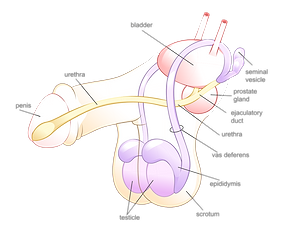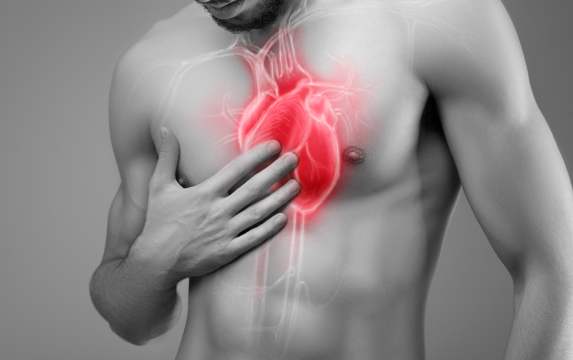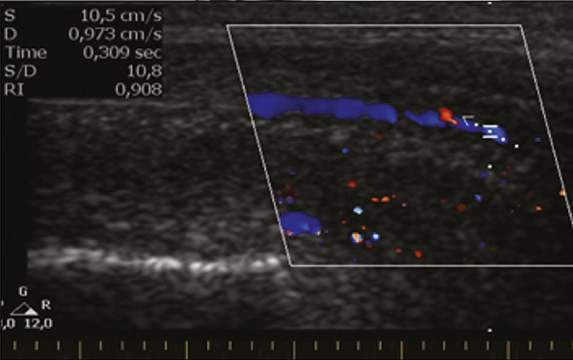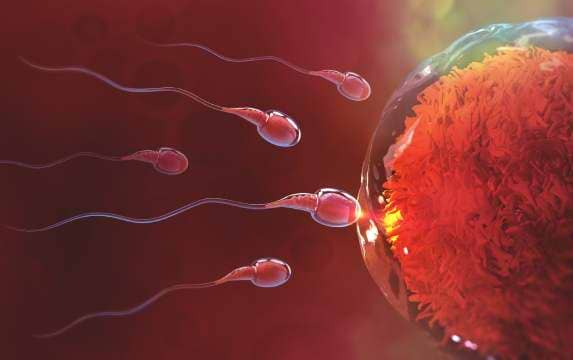What is Male Ejaculation?
Ejaculation is the release of semen from the penis – a sticky white liquid that, inter alia, contains sperm (“cum” in slang). Ejaculation normally occurs in parallel to the male orgasm. However, men can sometimes ejaculate without having an orgasm, just as they can orgasm without ejaculating. Ejaculation can take place during sexual intercourse, masturbation, or deep sleep. It is the peak of sexual activity and is vital to fertility while being an essential part of male sexual health.
How Does Ejaculation Occur?
Ejaculation has two phases: emission and expulsion. It may sound simple, but this is quite a complex physiological process involving interactions between the nervous system and different parts of the male urogenital system, including [see illustration 1]:
- Vas deferens: The two tubes through which the sperm is transferred from the testes to the penis.
- Seminal vesicles: The two glands that open into the Vas deferens, secreting most of the fluid comprising the semen.
- Prostate gland: located just below the bladder and envelopes the urethra. The prostate gland secretes fluids that form part of the ejaculate and are designed to protect sperm.
- Epididymis: a tube that connects to the Vas deferent ducts at the back of the testes, where sperm is stored until the next ejaculation. It likewise secretes fluids that form a small part of the ejaculate.
- Urethra: The tube inside the penis through which urine and semen exit the body.
- Bladder: The organ in which urine is stored until urination.

The Emission Phase – is the first and brief phase of the ejaculation process. It is controlled by the sympathetic nervous system (a part of the autonomous nervous system which is activated during times of stress and excitement) via nerves going from the spinal cord to the male reproductive system. First, the bladder neck closes (to prevent semen from going backward into the bladder), and the prostate gland and seminal vesicles secrete their part of the seminal fluids into the urethra. In the urethra, these fluids mix with fluids secreted by urethral glands and with sperm that traveled from the testes through the Vas deferens – and the ejaculate is formed. Ejaculation at this point is inevitable.
The Expulsion Phase – takes place when semen exits the body. The prostate gland, the muscles surrounding it, and the pelvic floor muscles contract 10-15 times while expelling the semen through the urethra outside the penis. This is also the phase in which orgasm (usually) occurs. The expulsion phase is controlled by a spinal cord reflex. During puberty, the volume of the ejaculate is smaller and may contain no sperm at all. After puberty, the ejaculate is rich in sperm, though high-frequency sexual intercourse and masturbation decrease the volume of ejaculate and sperm cells. The normal volume of semen varies from 1.5 ml to 5 ml, and the velocity of ejaculation is up to 50 km an hour, while the distance it can travel is 18cm to 25 cm.
What is Pre-Ejaculate?
Pre-ejaculate (“precum”) is a fluid released from the penis when a man is sexually aroused just before he ejaculates. This clear fluid is secreted by special penile glands named Cowper’s glands to lubricate the urethra and help semen leave the body. It likewise helps protect sperm cells by counteracting the acidity of any residual urine in the urethra. Although precum itself does not contain sperm cells, in case a man has ejaculated recently, residual sperm may still exist in the urethra. Alternatively, precum may mix with prostate gland fluid that contains low levels of sperm. Therefore, a woman may become pregnant from pre-ejaculate containing sperm if no birth control is used.
What are “Wet Dreams”?
“Wet dreams” (nocturnal emissions) refer to having an orgasm and ejaculating while asleep. Wet dreams are particularly common during puberty and usually decrease with age, though they can occur at any age. They are uncontrollable and are regarded as a normal part of sexual health.
Does Ejaculating Have Any Health Benefits?
Not only are ejaculations a part of a healthy sex life, they are an indicator of overall male health, as they involve the simultaneous activity of many body systems – all having to work properly. However, studies indicate that ejaculating has benefits beyond reproduction and pleasure. A large observational study that followed over 31,000 men for 18 years found that men who ejaculated more often during their lifetime had a lower risk of prostate cancer than those who ejaculated less often.
Potential Ejaculation Problems
Two of the most common problems associated with male ejaculation are:
- Premature Ejaculation – a common condition affecting about 13- 30% of men at some stage of their life, in which ejaculation occurs prior to or a minute after penetration. The cause is not entirely clear but appears to involve biological factors, such as over-sensitivity of the penis, disruption of serotonin receptors’ activity, and psychological causes, such as anxiety. In recent years, various creams and medications were developed, which, together with psycho-sexual therapy, usually improve symptoms. For further reading about premature ejaculation>>
- Delayed Ejaculation – a problem affecting about 1% to 5% of men. Although there is no clear consensus on a reasonable time frame for reaching orgasm, men with latencies beyond 25–30 minutes will be regarded as suffering from DE. The reasons for that are varied and include medical problems such as diabetes, prostate gland surgery, certain medications, etc.’ Usually, psycho-sexual therapy and drug treatment can help significantly. For further reading about delayed ejaculation>>
The Company hereby clarifies that the information contained on the website is for informational purposes only, and is not intended to be a substitute for professional medical and healthcare advice, and does not constitute medical advice or opinion. Always seek the advice of your physician or other qualified health provider with any medical condition or question you may have regarding a medical condition.





